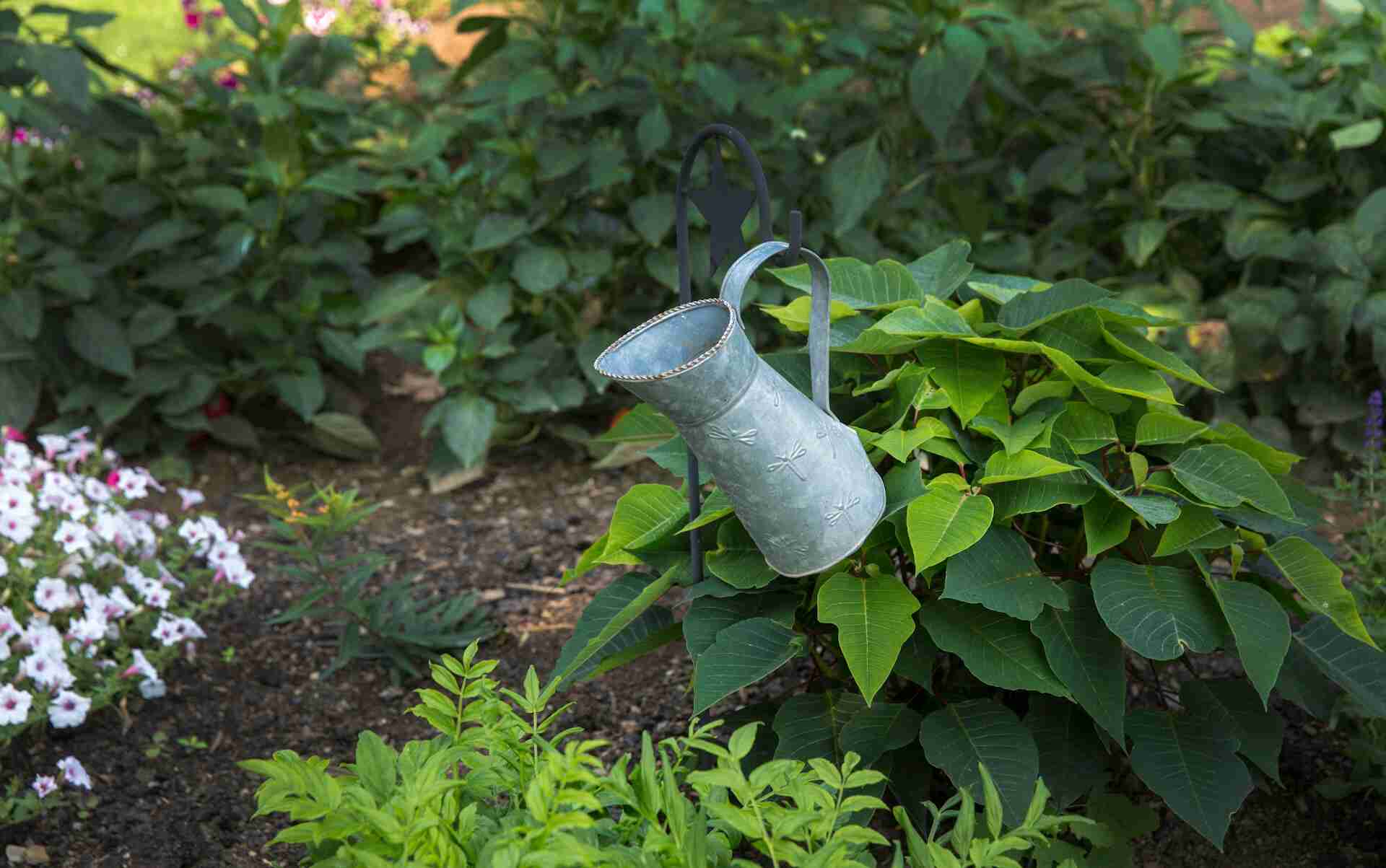Gardening is both an art and a science that requires patience, practice, and continual learning. Whether you’re a beginner or someone with years of experience, there’s always room to grow—literally and figuratively. By adopting specific strategies, honing your observation skills, and utilizing resources effectively, you can improve your gardening skills and create a thriving, healthy garden.
1. Start with Research
Understanding your plants and environment is crucial. Invest time in learning about soil types, climate conditions, and plant requirements.
- Identify Your Zone: Use a USDA Plant Hardiness Zone Map to determine which plants are suited for your area.
- Understand Plant Needs: Research water, sunlight, and soil preferences for your chosen plants.
- Learn from Books and Online Resources: Gardening books, blogs, and videos can be invaluable sources of information.
2. Test and Improve Soil Quality
Healthy soil is the foundation of successful gardening. Improving your soil can significantly enhance plant health and growth.
- Test Your Soil: Use a soil testing kit to check pH levels and nutrient composition.
- Amend Accordingly: Add organic matter like compost or well-rotted manure to improve soil structure.
- Practice Crop Rotation: Rotate crops annually to prevent soil depletion and reduce pests.
3. Observe and Learn from Nature
Observation is a powerful tool for any gardener. Paying attention to your garden can provide insights into its health and needs.
- Watch Plant Growth: Note how your plants respond to different conditions and adjust accordingly.
- Identify Pests and Diseases Early: Look for signs like discolored leaves, holes, or unusual growth patterns.
- Track Weather Patterns: Understanding local climate changes can help you adapt watering and planting schedules.
4. Practice Proper Watering Techniques
Overwatering or underwatering is a common issue. Mastering the art of watering is essential for improving your gardening skills.
- Know When to Water: Check the soil by inserting a finger to see if it feels dry.
- Water Early or Late: Water your garden early in the morning or late in the evening to reduce evaporation.
- Use the Right Tools: Invest in soaker hoses or drip irrigation for efficient watering.
See More: 7 Desert Plants That Can Survive Indoors
5. Experiment with New Plants and Techniques
Exploring new ideas can challenge your skills and help you grow as a gardener.
- Try Companion Planting: Pair plants that benefit each other, like marigolds with tomatoes to deter pests.
- Grow Unfamiliar Varieties: Experiment with rare or exotic plants to expand your gardening knowledge.
- Adopt Sustainable Practices: Use organic fertilizers and integrate native plants into your garden for sustainability.
6. Join Gardening Communities
Connecting with other gardeners can provide inspiration, tips, and support.
- Local Gardening Clubs: Join a club in your area to exchange ideas and experiences.
- Social Media Groups: Participate in gardening forums or Facebook groups to learn from global gardeners.
- Attend Workshops: Many communities offer gardening workshops for both beginners and experts.
7. Invest in the Right Tools
Using proper tools can make gardening tasks easier and more efficient.
- Basic Tools: Ensure you have essentials like a trowel, pruners, and gloves.
- Advanced Equipment: For larger gardens, consider wheelbarrows, hoes, and compost bins.
- Maintenance Matters: Clean and sharpen tools regularly to extend their lifespan and improve performance.
8. Embrace the Learning Curve
Mistakes are inevitable but also provide valuable learning experiences.
- Document Your Progress: Keep a gardening journal to track successes and failures.
- Analyze What Works: Reflect on which plants thrived and which didn’t to refine your approach.
- Be Patient: Plants take time to grow, and gardening skills develop over seasons.
See More: Can a Low-Growing Holly Tree Be Use as Ground Cover?
9. Leverage Technology for Gardening Success
Modern gardening apps and tools can help you stay organized and informed.
- Garden Planning Apps: Use apps like Planter or Gardenize to design layouts and track planting schedules.
- Weather Alerts: Subscribe to weather updates to protect your garden from unexpected frost or storms.
- Plant Identification Apps: Identify unknown plants and pests using apps like Picture this.
10. Regularly Maintain Your Garden
Consistency is key to improving your gardening skills and maintaining a healthy garden.
- Prune Regularly: Remove dead or diseased branches to encourage healthy growth.
- Weed Often: Prevent weeds from competing with your plants for nutrients.
- Mulch Wisely: Mulch conserves soil moisture, regulates temperature, and suppresses weeds.
Tips for Long-Term Gardening Success
- Start Small: Focus on a manageable garden size and expand as your confidence grows.
- Learn from Experts: Take courses or watch tutorials by experienced gardeners.
- Stay Curious: The more questions you ask, the more you’ll learn.
- Celebrate Wins: Appreciate small successes, like your first harvest or a blooming flower.
See More: What Is the Focal Point of a Lavender Plant?
Conclusion
Improving your gardening skills is a rewarding journey that involves research, observation, and experimentation. By understanding your plants’ needs, connecting with gardening communities, and adopting sustainable practices, you’ll see a noticeable transformation in your garden. Embrace each season as an opportunity to grow—both as a gardener and in your garden.

